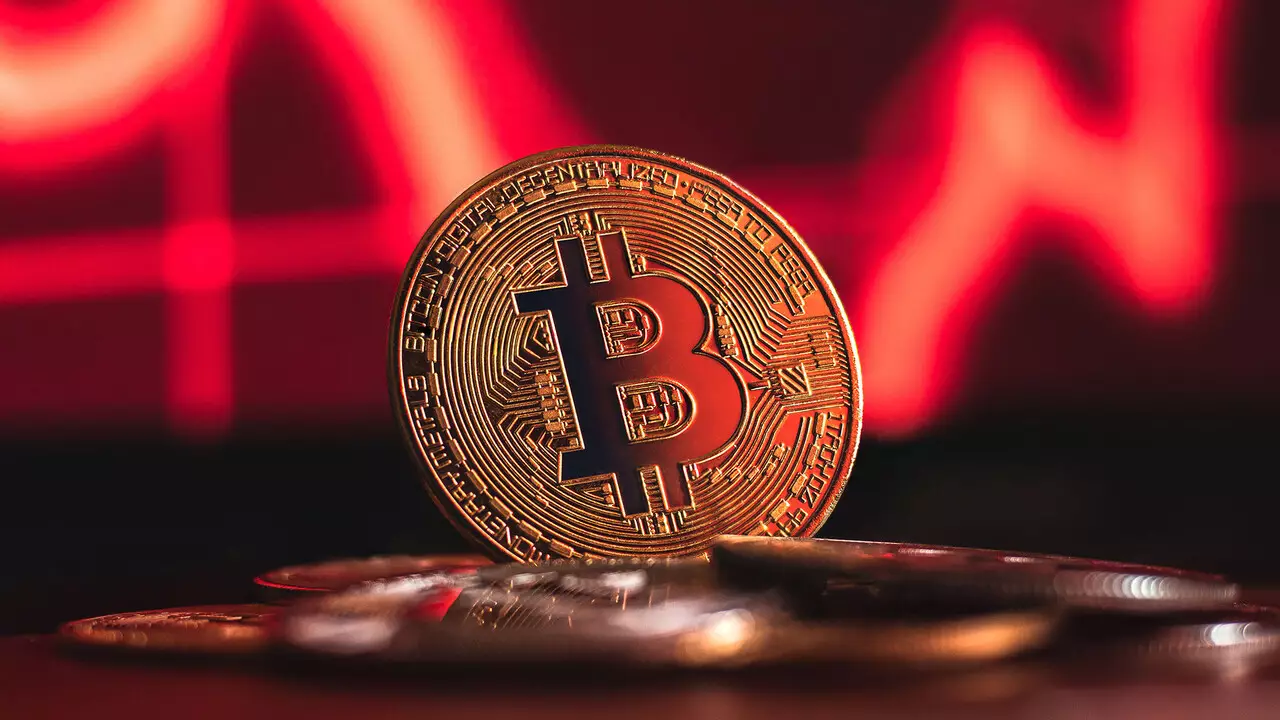In the often tumultuous world of cryptocurrency, Mt. Gox remains a prominent name—a ghost from the past that refuses to stay buried. Despite its historic plunge into bankruptcy, this failed Tokyo-based exchange has stirred up the pot again, stirring emotions and opinions within the crypto community. What was once a titan of the trade that controlled the majority of Bitcoin transactions now serves as a cautionary tale. Nevertheless, recent developments, where Mt. Gox reportedly moved an astonishing 11,501.4 Bitcoins collectively valued at over $1 billion, have reignited discussions around its legacy. How should we perceive this movement of funds? Is it a sign of redemption, or an echo of past mismanagement?
With the colossal transfers being executed, many enthusiasts and skeptics alike are left questioning the motives and implications of such actions. The crypto analytics firm Arkham Intelligence revealed these transactions, noting that they included both cold storage movements and transfers to other accounts, leaving the community rife with speculation about whether these assets might be utilized for creditor payoffs or simply further entangled financial misadventures. While there’s an undeniable thrill in watching such large sums change hands, we must adopt a wary stance; this is no ordinary financial operation.
Who’s Benefiting? The Impact on Stakeholders
The movement of these significant amounts could potentially benefit various stakeholders, from creditors eagerly awaiting any compensation for their losses to the very architects of this financial debacle. It is clear that Mt. Gox’s activities require intense scrutiny, especially given its historical context of total collapse. The fact that a staggering 35,000 Bitcoins—worth over $3 billion—remain within their control raises alarming questions about the priorities and ethics of those managing this delicate situation.
Are we truly seeing the beginnings of restitution for affected customers? Or are we merely witnessing a caper as Mt. Gox attempts to weave its thread back into the increasingly complex tapestry of digital finance? Each transfer begs more questions than it answers. For individuals who lost significant sums from this exchange’s catastrophic failure, there is an almost palpable sense of hope mixed with a potent fear of yet another unfolding crisis.
Red Flags and Historical Context
It cannot be ignored that Mt. Gox’s tumultuous history is marred by a systemic failure that led to the loss of 850,000 Bitcoins. This sobering fact paints a bleak portrait that no amount of fund movement can easily reshape. With the collapse of the exchange in early 2014, coupled with the chaos of bankruptcy proceedings managed by court-appointed trustees, the framework surrounding Mt. Gox has become fraught with complexity. The exchange’s past is a grim reminder of the volatility inherent in this industry, further flavored by scandal and deceit.
Moreover, we must interrogate whether such massive transactions in Bitcoin signify a wholesome pivot towards recovery or merely another phase of instability. Just because the digital asset is moving does not mean it’s safe. History cautions us to turn a skeptical eye toward those holding the reigns. Keeping in mind that massive liquidity can lead to significant market manipulation, it begs the question of accountability—are we essentially waiting for history to repeat itself?
The Role of Trust in the Crypto Ecosystem
Trust is a fragile yet vital component in the realm of cryptocurrency. While innovations in blockchain present new paths for secure transactions and decentralization, exchanges like Mt. Gox engage in a problematic dance between revival and accountability. For the crypto ecosystem to thrive, it must navigate not only through technological advancements but also through shades of transparency, ethical management, and trustworthiness among exchanges.
Mt. Gox’s recent activities offer a fleeting glimpse of a potentially redeveloping narrative—one that could either restore faith in digital currencies or plunge it deeper into skepticism. Should the exchange continue to operate without standardized regulations and a clear plan to protect stakeholders, the cycle of trust can’t help but remain in jeopardy. The sentiment is clear: Without accountability and ethical responsibility, any revival of Mt. Gox—or similar entities—might be little more than a rebranding of chaos.
Ultimately, even as the cryptocurrency market evolves, lessons from Mt. Gox’s journey should remain etched in the minds of investors. The latest transactions may trigger hope, but they also demand vigilance, setting a stage where the response to these actions will define not only Mt. Gox’s future but also the principles of trust and transparency that underlie the entire crypto landscape.

